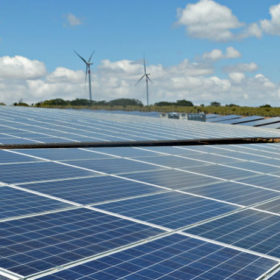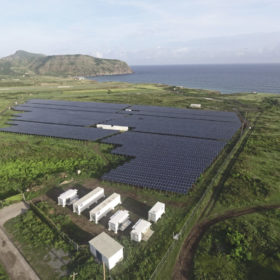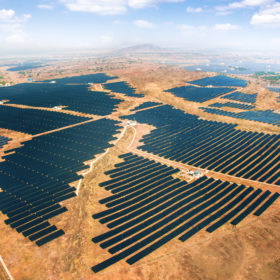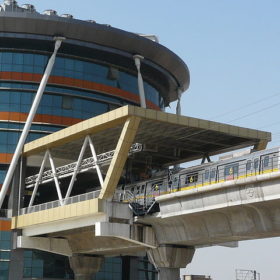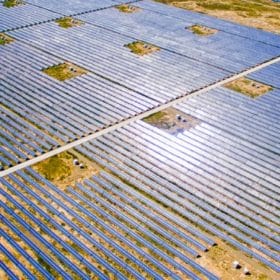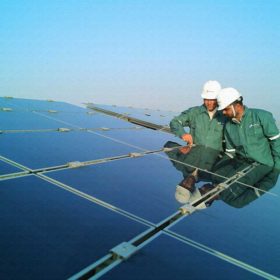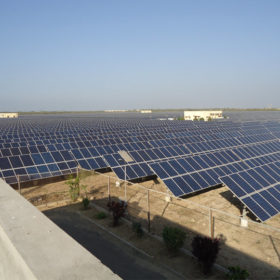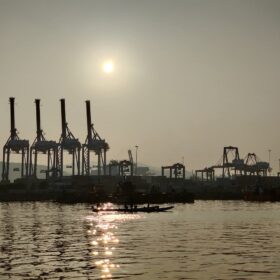India added 7 GW of renewable energy capacity in eight months
The capacity addition during FY 2020-21’s first eight months ending November is 38% lower year-on-year as the pandemic-led disruptions constrained new project development.
Developers’ body seeks wind-solar hybrid relaxations in Maharashtra’s RE policy
The National Solar Energy Federation has asked the State to consider a 15-year electricity duty exemption, transmission charges on the entire capacity instead of per-kWh basis, and delinking of the secondary RE source capacity from the rated power capacity of the primary RE source to promote hybrid project deployment.
New method to build microgrids based on solar, hydrogen
The use of polymer electrolyte membrane fuel cells as backup power generation in solar microgrids could drive down costs and improve efficiency, according to an international group of researchers. They have proposed a new energy management system that could be ideal for hybrid solar-hydrogen microgrids in remote locations.
Adani Green commissions 25 MW solar power plant in Uttar Pradesh
The solar plant in Chitrakoot takes Adani Green Energy’s total operational renewable capacity to 2975 MW—a step closer to its vision of 25 GW capacity by 2025.
Hybrid renewable tariffs unlikely to match PV-specific
Uncertainty around generation compensation in the event of curtailment due to grid safety reasons and the requirement to maintain at least 33% wind project share in the total contracted capacity are among the deciding factors in tariff assessment.
Rajasthan’s second-largest solar park to complete by March 2022
The state—which is already home to 2250 MW Bhadla Solar Park—is on pace to complete a 925 MW Nokh Solar Park in the Jaisalmer district.
Delhi Metro tenders 2 MW rooftop solar
Bidders have until February 23 to lodge interest for the solar capacity, which is to be developed in RESCO model and has levellized ceiling tariff fixed at INR 4/kWh.
Sungrow solar inverter sales in India cross 7 GW
The Chinese manufacturer, which has a central and string inverter factory in Bengaluru, sold a minimum 3 GW of the cumulative sales last year alone. Going forward, it has a strong order book for the upcoming solar capacity too.
Singapore’s Sembcorp awarded 400 MW solar power project in Rajasthan
With this solar win, Sembcorp Industries’ renewables portfolio has swelled to over 3 GW in operation and under development across Singapore, China, and India.
Tata Power to develop 110 MW solar project for Kerala Discom
State Discom Kerala State Electricity Board Limited (KSEBL) will procure the solar electricity generated from the project under a 25-year power purchase agreement.

